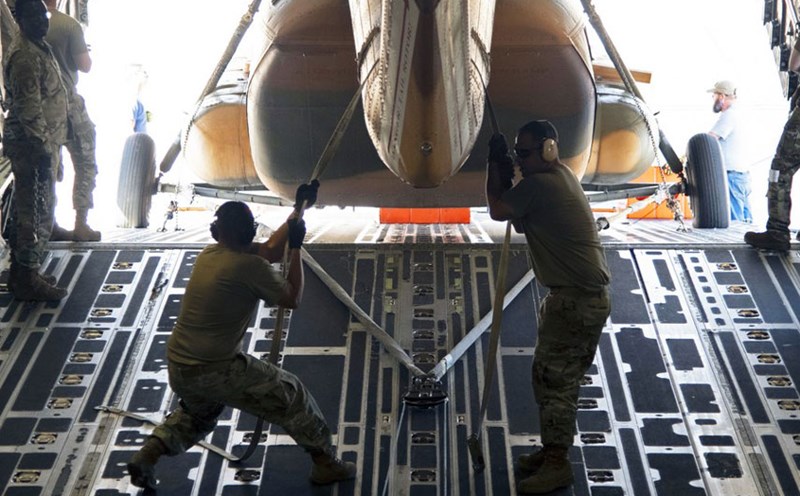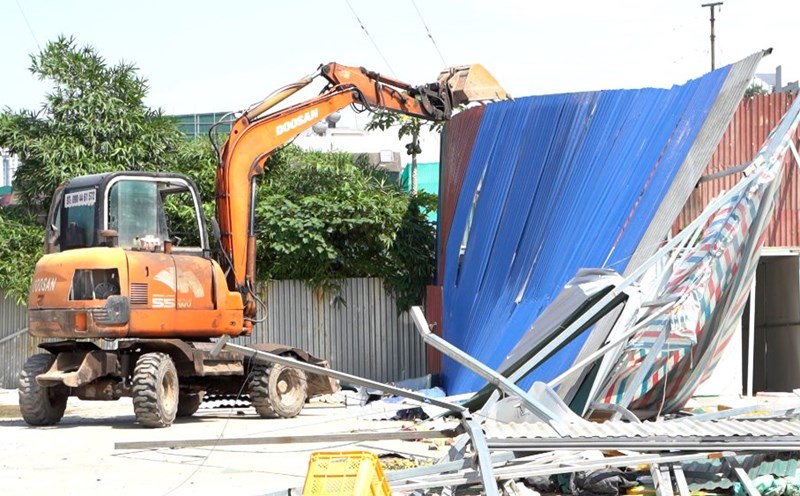The Lithuanian Defense Ministry recently announced that it will spend more than €1 billion ($1.1 billion) over the next 10 years to strengthen security in the border area between Russia and Belarus, with the purchase and deployment of anti-ship mines alone accounting for up to €800 million.
The Russian Defense Ministry said the investment was necessary in the context of Ukraine increasingly facing disadvantages against Russia in the conflict, and affirmed that the blasting would help prevent all advances of external threats as well as strengthen the Balt Defense Front - a civil service system stretching from northern Estonia to Lithuania, along the border with Russia and Belarus.
In addition to mines, Lithuania also plans to increase its anti-ship weapons stockpiles, upgrade unmanned aerial vehicles (UAVs) and improve early warning capabilities.
Notably, Lithuania, along with three other Baltic states, Latvia, Estonia and Poland, signed the Ottawa Convention banning the use of personal mines but announced their withdrawal from the treaty in March.
The Lithuanian government has also announced a 5-6% increase in defense budget to GDP in the 2026-2030 period, much higher than NATO's recommended 2%.
In particular, Lithuania focuses on protecting the Suwałki Corridor - a strategic road connecting the country with Poland. NATO warned that if the region is severely threatened, the Baltic states could be cut off from the rest of the alliance. Therefore, Lithuania has announced plans to build a second logistics route in this area to ensure the flow of military supplies.
In addition, Lithuania also plans to apply measures such as digging irrigation canals to take advantage of as anti-increasing mounds, or planting forests in border areas to create natural barriers.
Meanwhile, according to RT, Russia has repeatedly denied any intention to attack countries in the European Union (EU) or NATO.
Russian President Vladimir Putin said that European politicians are deliberately inflating the threat from Russia to create public fear and justify increased military spending.
Russia also criticized the EU's growing mediation process as "uncautious" and escalating tensions. Kremlin spokesman Dmitry Peskov has warned that EU confrontations and military plans could hinder efforts to find a peaceful solution to the Ukrainian conflict.











